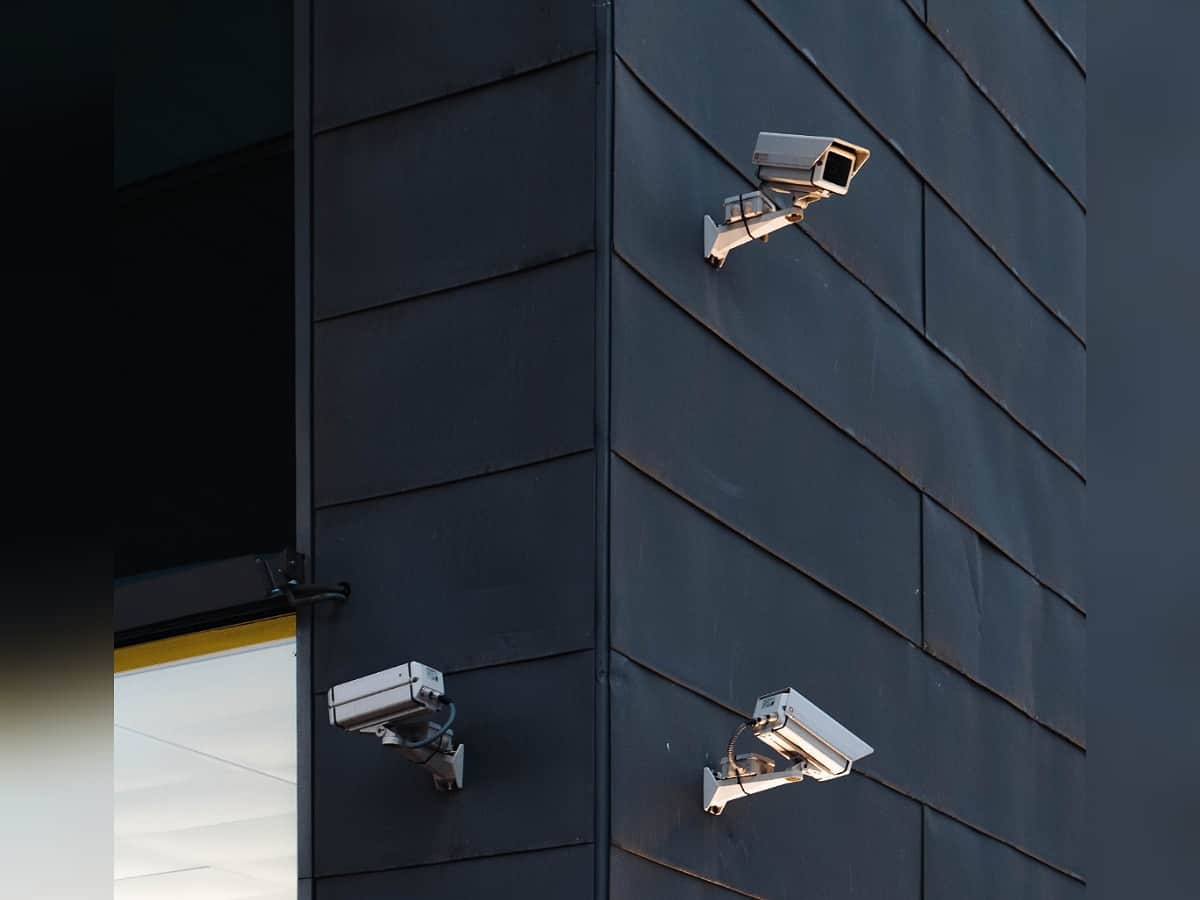
Riyadh: The Kingdom of Saudi Arabia (KSA) on Thursday approved the system of using security surveillance cameras in the country, the Saudi Press Agency (SPA) reported.
The Council of Ministers headed by the Custodian of the Two Holy Mosques King Salman bin Abdulaziz Al Saud approved the system.
The Ministry of Interior, the Presidency of State Security and the Saudi Data and Artificial Intelligence Authority have been tasked with implementing the new system and determining the time limit for the installation of surveillance cameras by the institutions.
The system of using security surveillance cameras means placing fixed or mobile camera devices designed to capture moving images in the target locations.
The Ministry of Interior and the Presidency of State Security have the right to watch broadcasts and recordings of security surveillance cameras, keep a copy of them, and process and analyze their data if there is a necessity and for security-related reasons.
The new system specifies the places where the use of surveillance cameras is mandatory and the places where installation of cameras is prohibited and strong action will be taken if the law is violated.
Exceptions
It is prohibited to install security surveillance cameras in 9 places, which are
- Medical checkup rooms
- Hypnosis
- Physiotherapy
- Rooms for changing clothes
- Toilets
- Salons
- Women’s clubs
- The housing unit in the tourist accommodation facility
- Medical operation rooms and private places
Where it will be placed?
About 22 entities, including— schools, universities, all public and private health facilities, medical cities, hospitals and clinics, were required to install surveillance cameras.
The security surveillance camera system targets ministries, public authorities and institutions, oil and petrochemical facilities, power generation and water desalination facilities, tourist accommodation facilities, commercial complexes and marketing centres, financial institutions, banks, exchange and money transfer centres, residential buildings, the Grand Mosque and the Prophet’s Mosque, mosques, and clubs, sports and stadiums.
It also targets— public, private and cultural facilities, youth centres, public and private recreational facilities, public and private health facilities, hospitals and clinics, commercial warehouses, main roads and their intersections within cities, highways connecting cities and governorates, fueling stations and gas sales places, public and private educational facilities and establishments that provide food services.
The decision includes— public transportation, venues for events and festivals, places of economic and commercial activities, public and private museums, and historical and heritage sites prepared to receive visitors.
Fines
The system specified fines for violations committed in the mechanism of its activation
- A fine of 500 Saudi Riyals will be levied for the installation of low-quality security and surveillance cameras
- The fine is 1000 Saudi Riyals for not fitting according to the conditions and not installing a board informing that the area is under camera surveillance
- A fine of 5,000 Saudi Riyals for not keeping the camera footage
- 10,000 Saudi Riyals for installing surveillance cameras in prohibited places
- 20,000 Saudi Riyals for those who illegally remove or disseminate camera footage and destroy the camera system and records.
Incentive bonus
Whoever assists in detecting any violator shall be granted an incentive financial reward not exceeding 10 per cent of the amount of the fine collected from the violation. Provided that he is not an employee of one of the regulators.
Twitter was awash with posts commenting on the decision, some of them in favour and some against.



